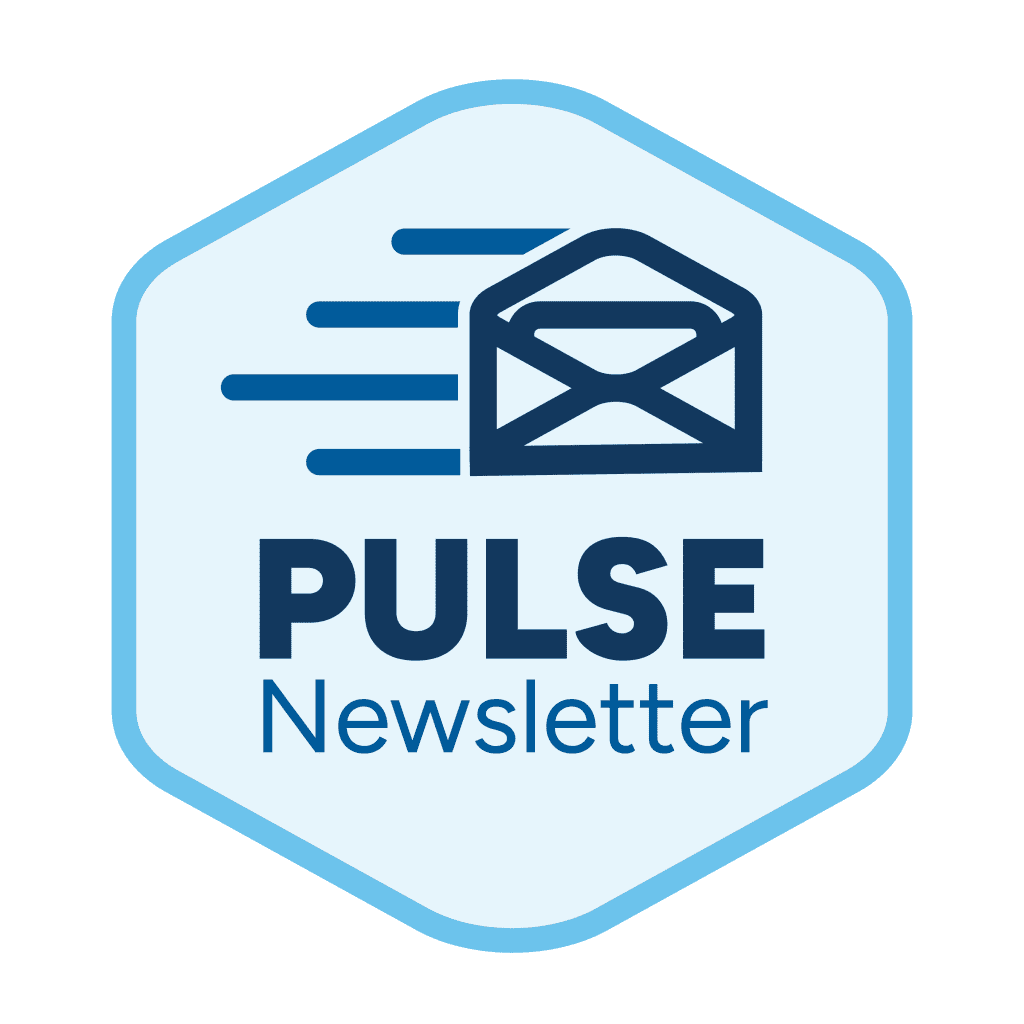
The Power Platform has moved from pilot projects to enterprise infrastructure, and with that growth comes a new priority for hiring teams: governance expertise.
As businesses scale automation across departments, they’re realizing that low-code innovation can only succeed when paired with strong governance. What began as isolated proof-of-concept apps built by individual teams is now evolving into a mission-critical environment that spans finance, operations and customer engagement. Managing that complexity safely requires new kinds of talent who understand both the technical and organizational dimensions of Power Platform governance.
Why governance is rising up the hiring agenda
For many organizations, the Power Platform started as a grassroots innovation tool. Citizen developers built apps to solve immediate problems, while IT leaders supported experimentation from the sidelines. That flexibility drove creativity and speed, but it also created new challenges.
As Power Platform usage grows, companies face questions about data access, security and scalability. Without governance, automation can become fragmented or risky. Oversight isn’t about slowing progress, it’s about ensuring every workflow and app aligns with enterprise standards.
For executives, this marks a new stage of maturity. Governance is no longer a back-office task, it’s a strategic priority that enables innovation to scale safely.
The skills defining governance-driven hiring
The expansion of the Power Platform ecosystem has created demand for professionals who can combine technical understanding with policy design and communication skills. Organizations are now recruiting roles like:
- Power Platform administrators who manage environments, permissions and integrations
- Governance architects who establish frameworks for data loss prevention (DLP), naming conventions and lifecycle management
- Center of Excellence (CoE) leads who set standards, share best practices and mentor citizen developers
- Security and compliance specialists who align Power Platform activity with company-wide and regional data regulations
According to the Nigel Frank Careers and Hiring Guide, governance and platform management are among the fastest-growing Power Platform specializations across both North America and the UK, reflecting the technology’s shift from experimentation to enterprise-scale operations.
The technology is powerful, but sustainable innovation depends on people. Nigel Frank helps organizations hire Power Platform professionals who can deliver the right balance of agility and control through strong governance.
Governance as a business enabler
Effective governance transforms how automation works within large organizations. Instead of restricting innovation, it creates the confidence to expand it. Teams know which tools are approved, data access is consistent and IT maintains visibility across environments.
That clarity reduces duplication, strengthens compliance and accelerates delivery timelines. A well-governed Power Platform framework also makes it easier to adopt new technologies like Microsoft Copilot by ensuring data quality and access policies are already in place.
When governance roles are built into hiring plans, enterprises can maintain innovation momentum without sacrificing control.
Building fusion teams for sustainable scale
The next phase of Power Platform maturity is being led by fusion teams, cross-functional groups where business users and IT professionals collaborate closely. These teams combine domain knowledge with technical expertise, allowing organizations to deliver automation faster while staying compliant.
For hiring managers, building a fusion team means looking for candidates who are as comfortable discussing business outcomes as they are designing workflows. They might include a Power BI analyst who works with finance to improve reporting or a developer who partners with HR to automate onboarding.
Fusion teams are most successful when supported by governance professionals who set standards and guide best practices. This combination of empowerment and oversight is what allows organizations to scale automation confidently.
Governance is no longer a niche skill, it’s part of every successful Power Platform strategy. Nigel Frank helps organizations find Power Platform professionals who can build governance frameworks that support innovation and maintain compliance across departments.
What leaders should consider next
For executives, the question isn’t whether to implement governance, but how to build it into their structure. That means hiring for governance and fusion-team readiness now, not later. The enterprises that plan ahead will be ready to scale their low-code environments responsibly and maintain visibility across every automation initiative.
Governance roles also set the stage for future innovation. As AI tools like Copilot and Power Automate AI Builder become more embedded in daily workflows, organizations with mature governance models will be able to adopt these technologies faster and with less risk.
Governance expertise is quickly becoming the backbone of enterprise automation. The companies that invest in it today will be those that lead tomorrow.




